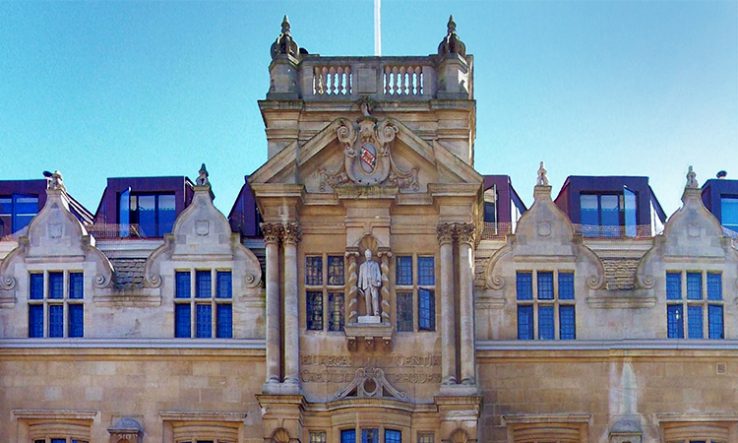
Image: Len Williams [CC BY-SA 2.0], via Geograph
Colonialism advanced European science but left legacies of exclusion and injustice, says Coimbra
A European university group has launched an initiative to explore how higher education institutions can address “uneasy” and “problematic” aspects of their heritage.
The Coimbra Group, an association of 41 European universities, pointed out in a call for expressions of interest on the topic that some higher education institutions across the continent had links to colonialism or authoritarianism in the past.
This can involve them retaining looted cultural objects or housing sensitive exhibits in their collections, Coimbra said, as well as embodying “the whole complex system of thought and representation, potentially perpetuating notions of racial, social and cultural inequalities”.
Authoritarianism and colonialism opened new opportunities for scientific development for European universities but left “longstanding legacies of exclusion and injustices in need of repair”, Coimbra said.
Its initiative is open to Coimbra members and other institutions. “The principal goal…is to explore how universities address ‘uneasy’, ‘problematic’ or ‘difficult’ heritage [in] tangible as well as intangible forms,” Coimbra said.
The initiative will start with two workshops taking place at the University of Geneva and Charles University Prague next year, with the call to present case studies open until 15 January 2023.
The workshops will explore practices to help universities develop concrete proposals for coming to terms with legacies through new forms of presentation, interpretation and reconciliation.